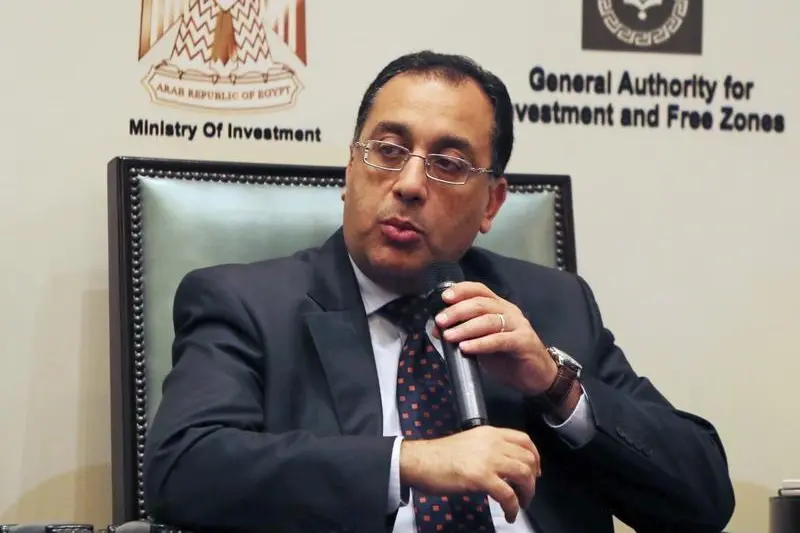PHOTO
Egypt - Prime Minister Mostafa Madbouly met with Ali El-Moselhi, the Minister of Supply and Internal Trade, on Tuesday to review the mechanisms for implementing market regulation decisions, as well as the silos project and the development of the milling sector.
The Prime Minister stressed the importance of having various goods available, which helps to stabilize prices. He also stressed the need to follow up on the recent decisions about market regulation, which identified seven strategic commodities.
The Minister of Supply explained the mechanisms for implementing market regulation decisions based on his recent decision that set the controls and procedures for trading the products and goods covered by Prime Ministerial Decision No. 5000 for the year 2023, which specified certain strategic products.
El-Moselhi said that his decision required the companies involved in the specified products to issue tax invoices with details such as product type, quantities, production date, factory selling price, and the maximum selling price to consumers. This is in line with the laws on electronic invoices.
The Minister also said that a meeting was held to implement the decision that identified the seven strategic goods and products. Directors of directorates attended, and they were instructed to take the necessary measures to regulate the markets, protect the consumers, and increase the availability of the strategic items. The decision also emphasizes disclosing the prices at all points of sale.
Ali El-Moselhi mentioned the formation of a high committee within the ministry, which includes representatives from Consumer Protection, Internal Trade Police, Central Control, and Distribution Central. This committee will oversee the implementation of the Prime Minister’s decision and the Minister of Supply’s decision, and regional committees will provide periodic reports on the status of applying the regulations for trading the seven strategic commodities.
The meeting also discussed the silos project, which is important for increasing the storage capacity to reach 5 million tonnes of wheat. The Minister highlighted the project’s role in reducing losses, preserving wheat quality throughout the year, and maintaining bread quality. He presented the current and planned storage capacities, with funding from various sources, such as the World Bank and the European Union, and the distribution locations of the silos nationwide.
The Minister also discussed the development of both the public and private milling sectors. He said that state-owned milling companies are working to improve the quality of subsidized flour by focusing on maintenance to increase the operational lifespan of the equipment. He confirmed that these companies are committed to taking the necessary maintenance measures through self-financing.
El-Moselhi also said that there are ongoing efforts to localize the production of milling equipment through collaboration with relevant entities. He acknowledged the government’s efforts to develop the pastry industry and increase the exports of grains and their products.
© 2022 Daily News Egypt. Provided by SyndiGate Media Inc. (Syndigate.info).





















